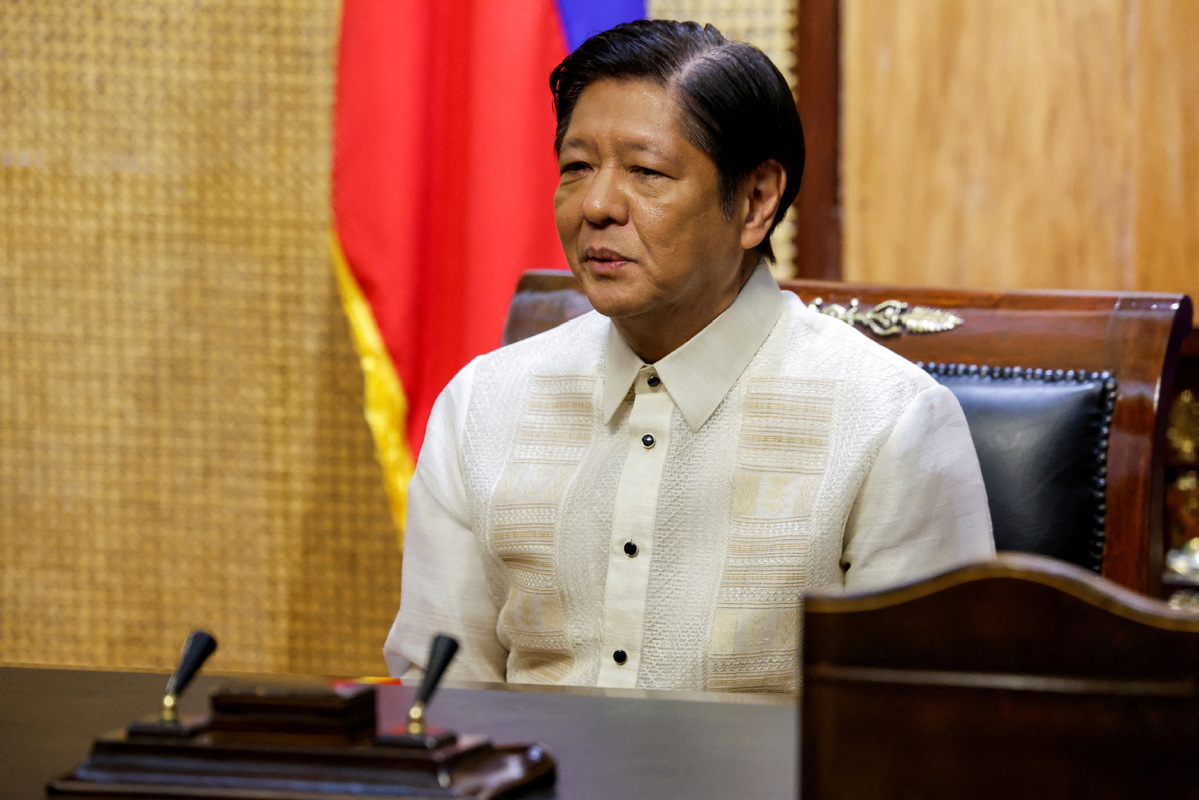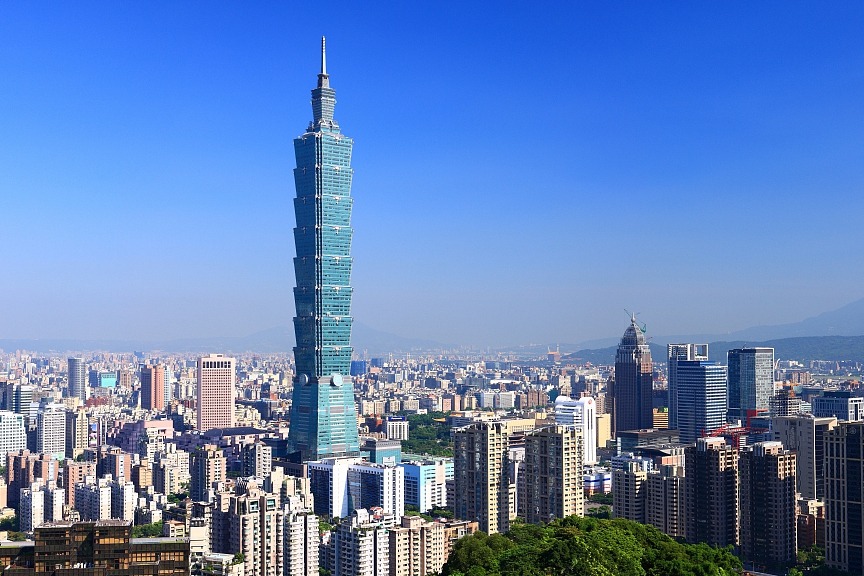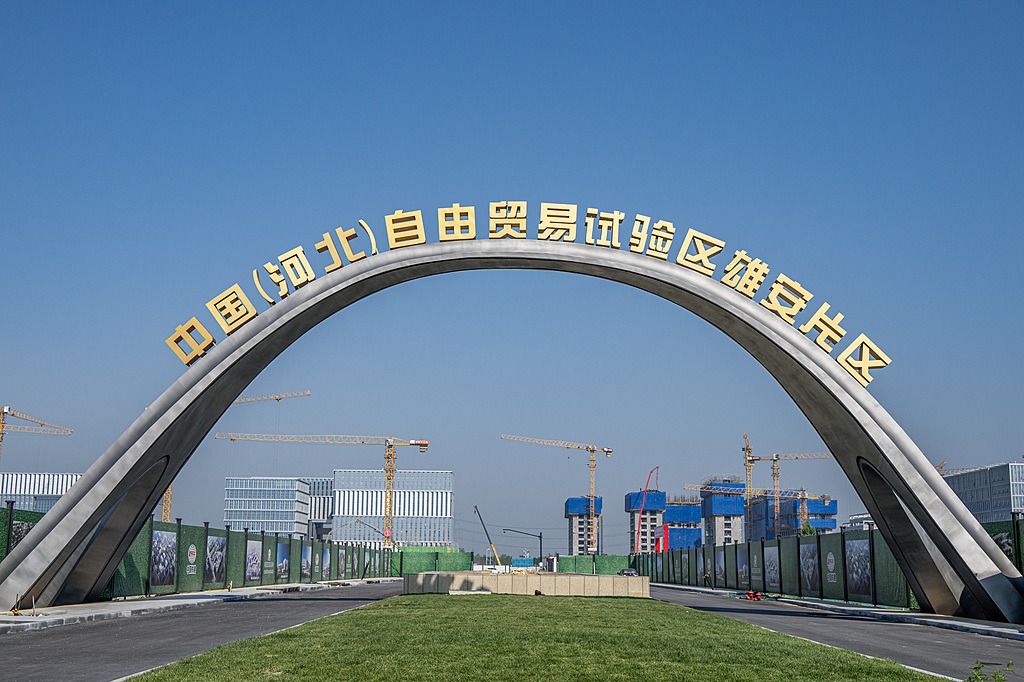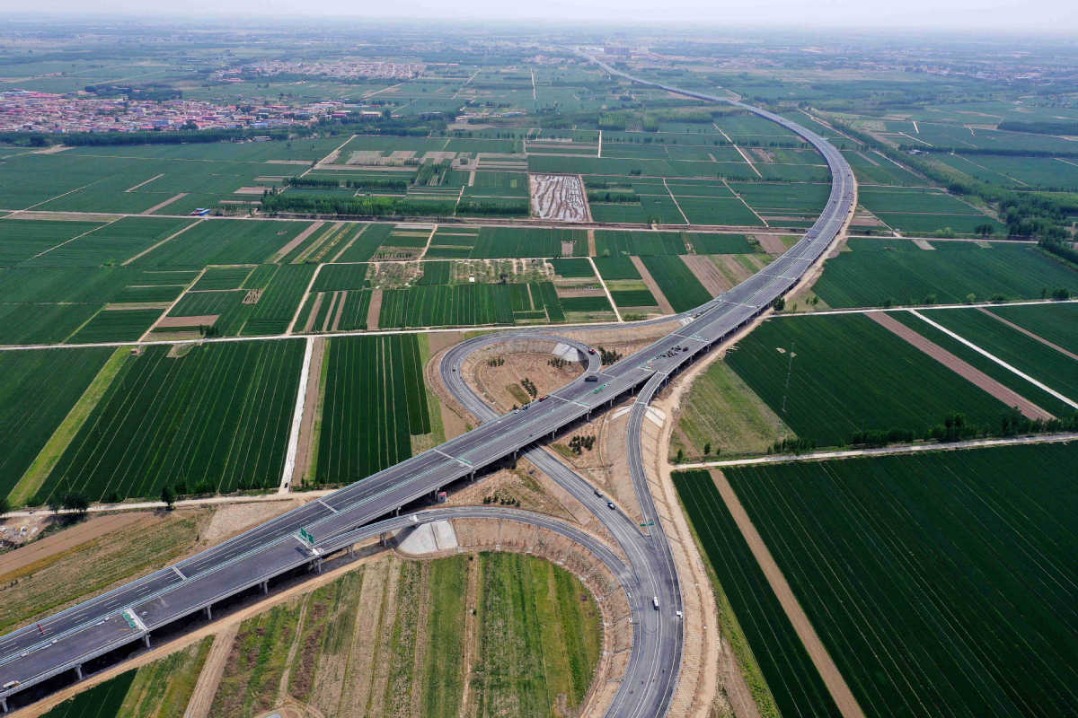Where is Marcos Jr.'s 'Bagong Pilipinas' heading?


In January 2024, the Marcos Jr. administration of the Philippines unveiled its ambitious program of governance and leadership "Bagong Pilipinas" (New Philippines), promising "an all-inclusive plan for economic and social transformation" that would benefit all Philippine people. Yet the reality on the ground tells a different story. Since the beginning of 2025, the country has witnessed a wave of protests and strikes against government policies, indicating widespread skepticism toward this "New Philippines" vision. As the midterm election looms, Marcos Jr.'s reform agenda faces a crucial public referendum. The transformation under his leadership - its nature, impact, and direction - raises critical questions for anyone monitoring the Philippines' trajectory.
New politics: Path to redemption or bridge-burning betrayal?
The Marcos dynasty remains a deeply divisive force in Philippine political history. Ferdinand Marcos Sr. ruled for 22 years until his overthrow by the People Power Revolution in 1986. In the years that followed, anti-Marcos political forces dominated the narrative, completely rejecting his political achievements. When Duterte took office, he made the controversial decision to allow Marcos Sr.'s remains to be interred at the Libingan ng mga Bayani (Cemetery of Heroes). This move was intended both to encourage national reconciliation and to provide a more balanced historical assessment of the Marcos family, unintentionally clearing ideological obstacles for their return to power. During the early stages of the 2022 presidential campaign, Marcos Jr., plagued by scandals, struggled in the polls. He then visited Sara Duterte, seeking her partnership as his running mate. With the Duterte family's backing, Marcos Jr.'s popularity surged, leading to his victory. As the second president from his family, Marcos Jr. found himself with an opportunity to redeem his family's historical legacy.
The Marcos family's political resurrection was fundamentally enabled by the Duterte clan's robust support. Yet Marcos Jr. has shown little gratitude, instead choosing to burn bridges. Shortly after taking office, he betrayed his allies by aligning with opposition forces and engaging in nepotism by backing his cousin for House Speaker. Most shocking was the March 11 move when his government openly severed ties with Duterte, detaining and swiftly transferring him to the International Criminal Court in The Hague. This action directly contradicts "Utang na Loob" (debt of one's inner self), the deeply held Filipino cultural value emphasizing both repayment and gratitude toward benefactors. As midterm elections approach, pro-Duterte and pro-Marcos factions are on a collision course, suggesting continued political turbulence ahead. Marcos Jr.'s betrayal and bridge-burning tactics have shattered political norms, and his "New Politics" has failed to unite various factions for effective governance.
New economy: Building on legacy, or triumphing in statistics?
During Duterte's presidency, his administration won broad public support through anti-corruption initiatives, improved investment climate, and major infrastructure development that created jobs and drove economic growth. As Duterte's electoral ally and the Philippines' first post-pandemic President, Marcos Jr. was expected to carry forward his legacy and maintain these economic stimulus policies and guide the nation toward recovery. Indeed, after taking office, Marcos Jr. focused on attracting foreign investment, and the Philippine economy briefly benefited, ranking high among ASEAN nations with improvements in unemployment and poverty rates. However, closer examination reveals that this apparent economic prosperity has been maintained largely through manipulated standards and embellished data. In August 2024, the government revised the poverty line to $1.1 per person per day, significantly below the World Bank's recommended $1.9. Following this adjustment, the Philippines' poverty rate dropped to 10.9%.
Public welfare is the ultimate goal of a nation's economic development and the most crucial measure of government performance. Clearly, the economic growth figures under Marcos Jr. lack credibility. In reality, the past two years have seen insufficient quality employment, sluggish wage growth, and persistent high inflation. Food price increases have been particularly severe, significantly impacting ordinary people's lives. Data shows that 27.2% of Filipino households are currently experiencing hunger, approaching peak levels seen during the COVID-19 pandemic. Unofficial polling indicates that 63% of Filipino families consider themselves living below the poverty line, the highest in 21 years. Public satisfaction with the Marcos administration has plummeted to less than 20%, with only about 30% believing the country is heading in the right direction and that economic improvement is possible. Under increasing political instability, the Philippines' social conditions are likely to deteriorate further. It's evident that Marcos Jr.'s manipulation of data to present false prosperity has fueled public discontent, and his "New Economy" has failed to address real livelihood issues or lead the country toward recovery.
New diplomacy: Independent path or political pawn?
The Philippines endured 50 years of US colonial rule and remained heavily influenced by Washington after independence. During his presidency, Duterte was determined to reduce dependence on the US, mend relations with China, and create a stable security environment for national development. The West, particularly the US, expressed strong disapproval by launching international media campaigns and wielding judicial pressure, investigating Duterte for alleged humanitarian violations in his "war on drugs" - a move seen as interference in Philippine domestic affairs. Initially, Marcos Jr. pledged to continue his predecessor's independent foreign policy, repeatedly promising not to assist ICC's investigation. However, as the Marcos-Duterte alliance fractured, Marcos Jr. aligned with external forces, ultimately arresting and extraditing Duterte, effectively enabling extraterritorial jurisdiction. This action has sparked fierce public outrage, with protests erupting globally, severely undermining the Marcos administration's credibility and stability.
Under mounting domestic and international political pressure, the Marcos administration has routinely used anti-China rhetoric to divert public attention. Since 2023, the Philippine government has escalated its provocative actions in the South China Sea, promoted a "China threat" narrative, and extensively publicized alleged "Chinese espionage" cases, including the Alice Guo incident. On March 26, the Philippine authorities announced the arrest of six alleged "Chinese spies." The intention to deflect domestic political pressure through China-related issues is evident. On March 28, the US, Japan, and the Philippines conducted joint maritime exercises near Huangyan Island, while the new US Defense Secretary made his first visit to Manila, emphasizing the need to stand "shoulder to shoulder" against "China's aggression." Based on my observation, the Philippine government may further intensify its anti-China stance and maritime provocations, posing serious challenges to China-Philippines relations and regional stability. This demonstrates how Marcos Jr. has instrumentalized foreign policy for domestic political gains, failing to effectively protect national interests or create a favorable environment for development.
Conclusion
"Bagong Pilipinas" should have addressed the aspirations and needs of the Filipino people, focusing on national development rather than serving as a smokescreen for political maneuvering. In fact, this slogan echoes the "Kilusang Bagong Lipunan" (New Society Movement) implemented during Marcos Sr.'s martial law period, revealing Marcos Jr.'s intention to inherit his father's political legacy. In 1983, the assassination of opposition leader Ninoy Aquino at Manila Airport triggered public outrage, ultimately leading to the collapse of Marcos Sr.'s "New Society". Following Duterte's arrest, Sara Duterte drew parallels between her father and Ninoy Aquino. The Philippines finds itself at a similar historical crossroads. As for where Marcos Jr.'s "Bagong Pilipinas" is heading, the upcoming midterm election may provide the answer from the Philippine people.
The author is a scholar at Peking University. The views don't necessarily represent those of China Daily.
If you have a specific expertise, or would like to share your thought about our stories, then send us your writings at [email protected], and [email protected].


































